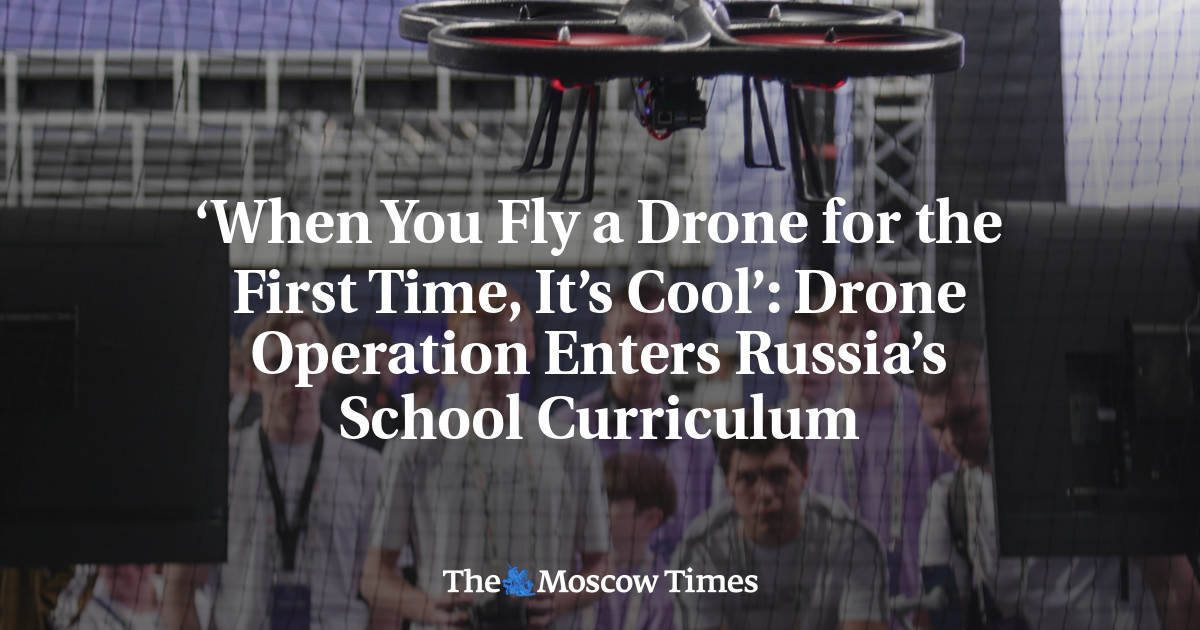OpenAI, the company behind the world's most popular chatbot, says that AI could be coming to take your job.
In a new report, the ChatGPT creators revealed the 44 occupations most likely to be replaced by AI.
Using a test, dubbed GDPval, researchers compared how AI matched up against professionals from the nine most financially important industries in the US.
And it is bad news for anyone working in retail or sales.
The test had human experts evaluate tasks carried out by AI and a real professional from that field, and decide which was best.
The best performing AI, Anthropic's Claude Opus 4.1, beat human experts 47.6 per cent of the time on average, and had an even higher win rate against a few jobs.
When competing against human counter and rental clerks, the AI outperformed the professional in 81 per cent of cases.
OpenAI says: 'We found that today's best frontier models are already approaching the quality of work produced by industry experts.'
OpenAI, the company behind ChatGPT, has revealed the 44 professions most likely to be replaced by AI (stock image)
The company found that its best model, GPT5-high, beat or tied with human professionals in economically important roles 38.8 per cent of the time. Claude Opus 4.1, from rival firm Anthropic, beat or tied with humans 47.6 per cent of the time
Each of the 44 professions was assessed against AI on a set of specific tasks that someone in that role might need to do.
For example, registered nurses were asked to assess skin lesion images and create a consultation report, while manufacturing engineers were tasked with making a 3D model of a cable reel.
The human assessors didn't know which of the tasks was completed by a human and which by an AI; they simply had to choose which they thought was best.
The AI's wins were then tallied and averaged into a 'win rate', which measures how well the chatbot performs against real human professionals.
OpenAI admits that this doesn't capture the full range of tasks required for most jobs, noting that 'most jobs are more than just a collection of tasks that can be written down'.
However, the tech giant also argues that this test is a reliable measure of how much AI is likely to impact professionals in the real world.
The sector where AI most frequently outperforms humans is retail trade, where some chatbots beat the professionals 56 per cent of the time on average.
This is closely followed by the wholesale trade sector, with an AI win rate of 53 per cent, and 'government' jobs like compliance officers and social workers, with a 52 per cent AI win rate.
OpenAI says that the best AI models are now 'already approaching the quality of work produced by industry experts' (stock image)
The performance of the various AIs tested varied from industry to industry, with retail trade and wholesale trade being most at risk of replacement
The jobs most likely to be replaced by AI
By AI win rate against human professionals:
- Counter and rental clerks: 81%
- Sales managers: 79%
- Shipping, receiving, and inventory clerks: 76%
- Editors: 75%
- Software developers: 70%
- Private detectives and investigators: 70%
- Compliance officers: 69%
- First-line supervisors: 69%
- Sales representatives: 68%
- General and operations managers: 67%
The safest industry is the information sector, which includes directors, film producers, and journalists, where even the best performing model only won 39 per cent of the time.
However, some individual professions within those industries fared far worse than the average.
Following closely behind counter and rental clerks, sales managers were the second-worst-performing profession and were beaten by some AI models 79 per cent of the time.
Shipping and receiving clerks were beaten by AI 76 per cent of the time, while editors were outperformed by their robot rivals in 75 per cent of cases.
Even some distinctly human professions could be at risk of replacement with AI, as private detectives and investigators failed to outperform robots 70 per cent of the time.
The AI's win rate varies strongly between different models, with some chatbots performing better on certain types of tasks.
Claude's Opus 4.1 lacked accuracy but scored a very high win rate due to its tendency to make pleasing graphics.
OpenAI's own top-of-the-line mode, GPT5-high, had an average win rate against all professions of 48.8 per cent and excelled in accuracy.
Counter and rental clerks were the professions with the highest AI win rate, being beaten by Claude Opus 4.1 81 per cent of the time in relevant tasks. Other professions, such as industrial engineers, were almost never beaten by the AI
By comparison, OpenAI's GPT-4o, which was released just 15 months ago, had a win rate of just 12.4 per cent.
That stark difference in win rate shows just how fast AI is catching up with humanity, and how much of an impact it could soon have on all our jobs.
OpenAI's Sam Altman has previously said that he loses sleep over the potential job losses caused by AI.
Speaking on The Tucker Carlson Show last month, Mr Altman said: 'I'm confident that a lot of current customer support that happens over a phone or computer, those people will lose their jobs, and that'll be better done by an AI.'
Mr Altman has even suggested that up to 40 per cent of all jobs could be automated by AI at some point in the future.
However, OpenAI does not say this study suggests humans will soon start losing their jobs to AI.
Instead, the company has tried to frame these results as showing how AI might 'support people in the work they do every day.'
The 44 professions at risk of being replaced by AI
AI win rate against human professionals:
- Counter and rental clerks: 81%
- Sales managers: 79%
- Shipping, receiving, and inventory clerks: 76%
- Editors: 75%
- Software developers: 70%
- Private detectives and investigators: 70%
- Compliance officers: 69%
- First-line supervisors of non-retail sales workers: 69%
- Sales representatives, wholesale and manufacturing, except technical and scientific products: 68%
- General operations managers: 67%
- Medical and health services managers: 65%
- Buyers and purchasing agents: 64%
- Personal financial advisers: 64%
- Administrative services managers: 62%
- Customer service representatives: 59%
- First-line supervisors of retail sales workers: 59%
- First-line supervisors of production and operating workers: 58%
- Nurse practitioners: 56%
- Real estate brokers: 54%
- News analysts, reporters, and journalists: 53%
- Computer and information systems managers: 52%
- First-line supervisors of police and detectives: 49%
- Sales representatives, wholesale and manufacturing, technical and scientific products: 47%
- Lawyers: 46%
- Project management specialists: 42%
- Child, family, and school social workers: 42%
- Medical secretaries and administrative assistants: 42%
- Securities, commodities, and financial services sales agents: 42%
- First-line supervisors of office and administrative support workers: 41%
- Financial investment analysts: 41%
- Recreation workers: 37%
- Registered nurses: 37%
- Property, real estate, and community association managers: 34%
- Financial managers: 32%
- Producers and directors: 31%
- Audio and video technicians: 30%
- Concierges: 29%
- Order clerks: 28%
- Real estate sales agents: 27%
- Pharmacists: 26%
- Accountants and auditors: 24%
- Mechanical engineers: 23%
- Industrial engineers: 17%
- Film and video editors: 17%
Source: Open AI, GPDval 2025
 (1).png)
 4 months ago
20
4 months ago
20

















